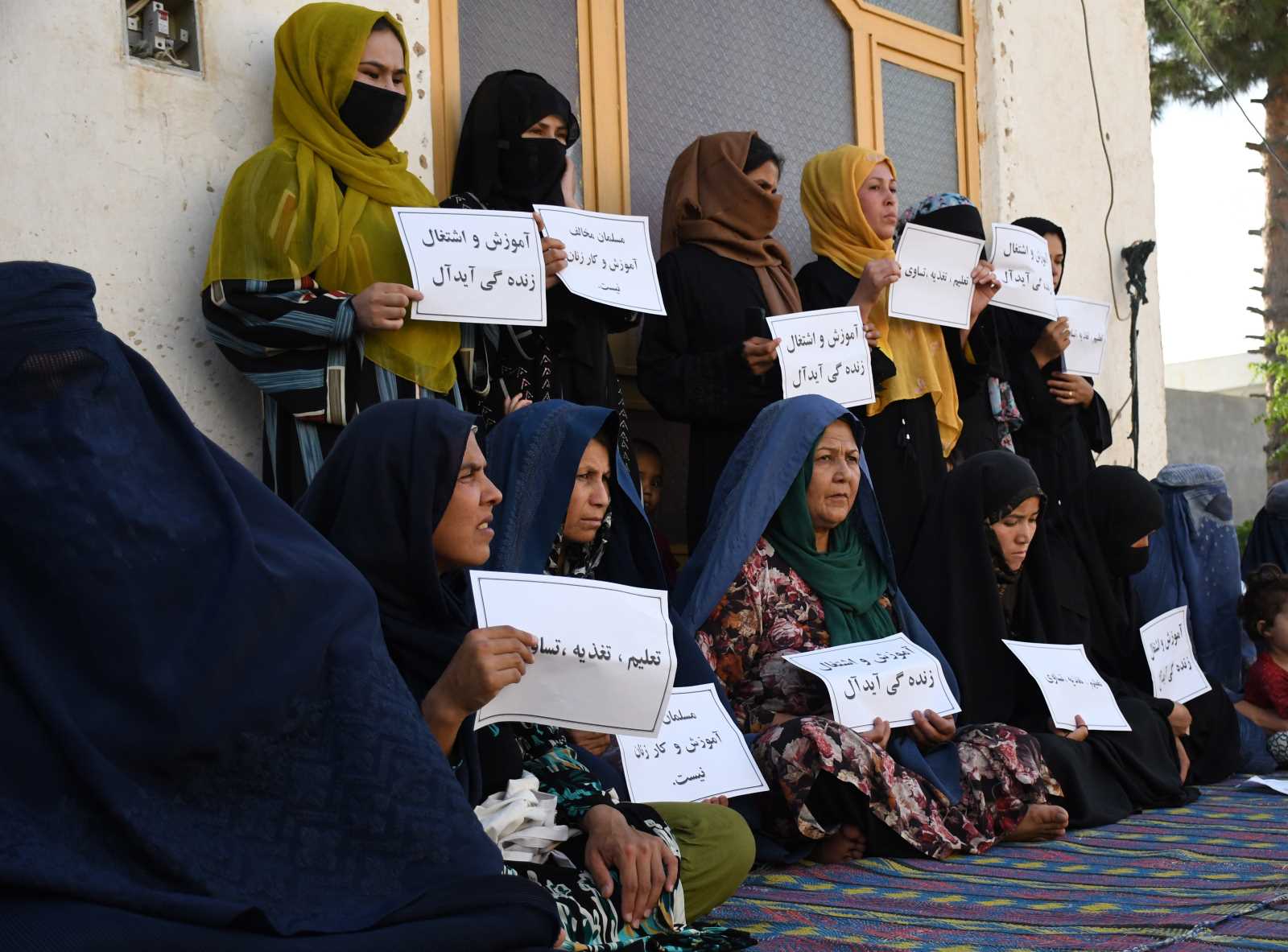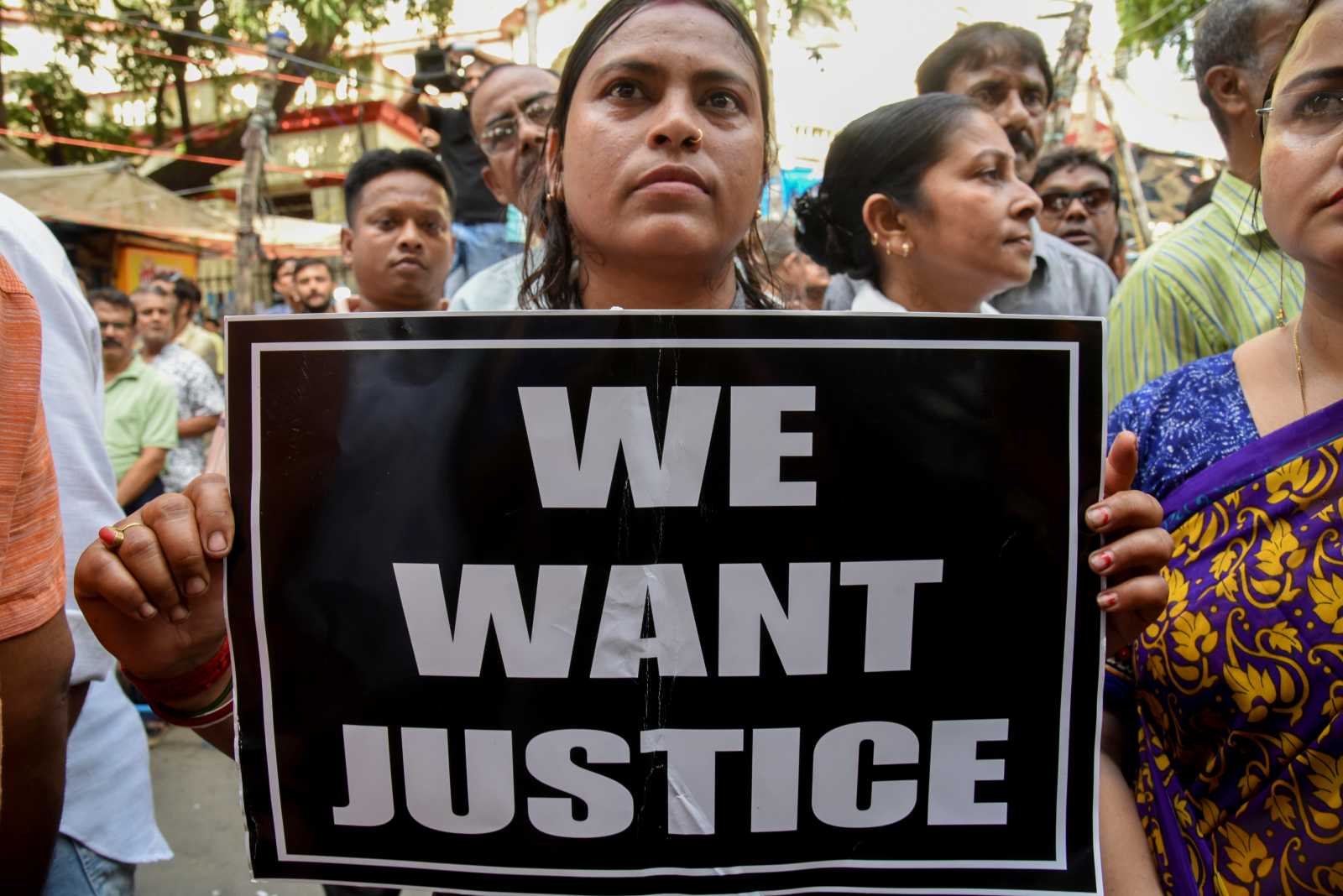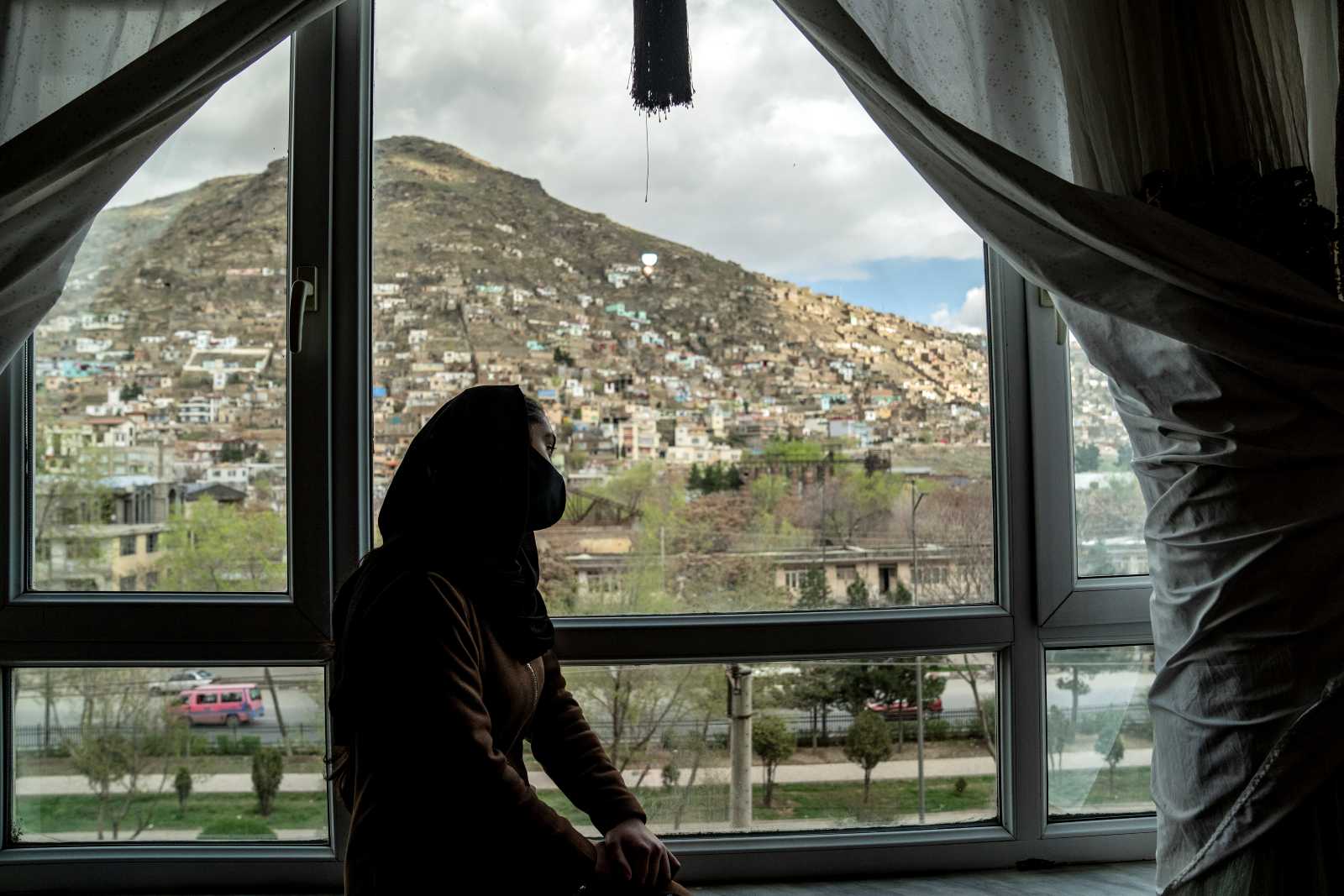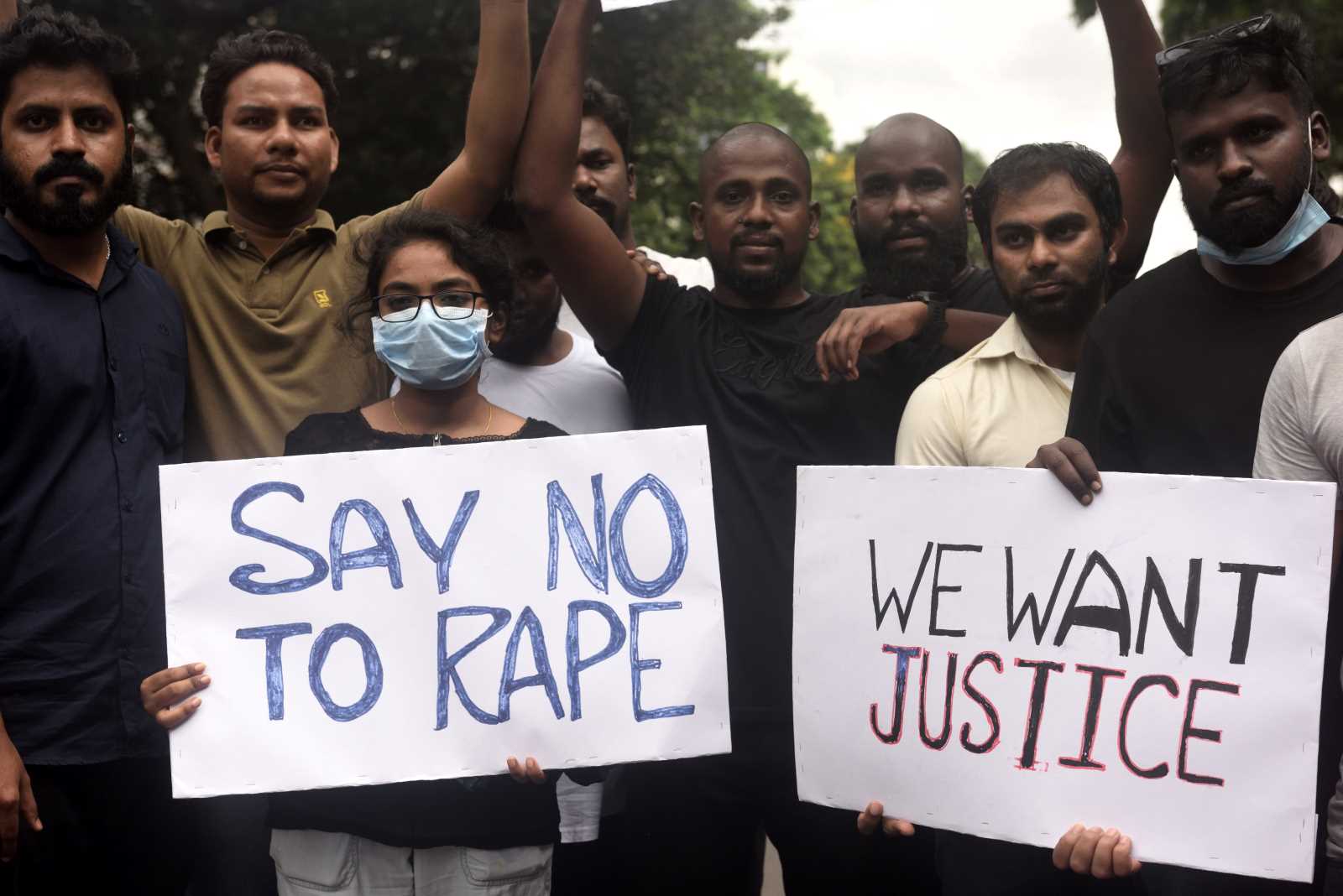Gender justice
NGO documents worsening plight of Afghan women
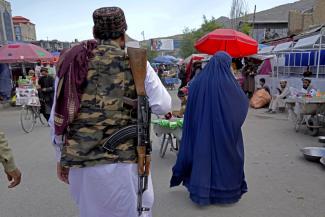
According to the World Economic Forum’s Global Gender Gap Index of both 2022 and 2023, Afghanistan is the worst country for women. The Taliban have systematically dismantled their rights, removing them from public life. They are denied access to education, employment and public participation. Radically restricted personal autonomy has impacts on mental and physical health, which intensify the country’s numerous other crises.
Nonetheless, there are signs of women’s remarkable resilience, with some engaging in subtle yet profound acts of resistance. By stepping out of domestic confines, they strive for “hurriyya” (freedom) even in the face of overwhelming obstacles.
Afghan Witness is an independent organisation. It relies on Afghan and international researchers who gather, verify and document information. The project is coordinated by the British non-profit organisation Centre for Information Resilience. The 2024 report by Afghan Witness (AW) titled “The Erasure of Women” highlights the systemic repression. Over three years, the Islamist regime has not only effectively erased women from public life. The document also reveals a disturbing rise in femicide and other forms of gender-based violence.
After taking power, the Taliban fast restricted education opportunities for women and girls. By 2022, girls over the age of 12 were banned from attending school, and women were forbidden from pursuing higher education. No other country imposes such restrictions. AW reckons that nearly 80 % of Afghan girls and women have lost access to education. In some regions, studies in health sciences or religion are still allowed.
The Taliban closed schools and arrested advocates for girls’ education. Early marriage and exploitation at the household level have thus become more likely. UN Women estimates that by 2026, 1.1 million girls will be excluded from school, leading to a 45 % rise in early pregnancies and a 50 % increase in maternal mortality.
Exclusion from the workforce
There will be other long-term impacts too. As female persons lack income opportunities, poverty will worsen. According to AW, women have been forced out of jobs in both the public and private sectors, while women-owned businesses have been shut down. Limited job opportunities remain in sectors such as healthcare. The authors write that women’s participation in the workforce has plummeted from 16 % in 2020 to just five percent in 2023. The implication is that dependence on male relatives has grown, further limiting women’s autonomy and making them more vulnerable to exploitation and abuse.
The Taliban has imposed strict regulations on women’s dress and movement, directing them to cover their bodies and faces in public. Moreover, they must be accompanied by a male guardian (mahram) for any journey longer than 45 miles. Failure to comply results in severe punishments, including imprisonment. The AW report documents how oppressive policies have crushed the spirit of Afghan women. Male dominance is systematically being reenforced.
Media, both digital and conventional, used to offer platforms for dissent and advocacy, but the Taliban aggressively silenced female voices. They are barred from participating in conferences, interviewing government officials or live reporting. By 2023, nearly 94 % of female journalists were unemployed, according to AW. Women have also been pushed out of digital spaces. At the same time, online harassment and abuse have increased. Politically active women are targeted, and many then opt for self-censorship. Nonetheless, Afghan women in exile have set up women-centric newsrooms. They continue to cover the conditions facing women and LGBTQ+ people in Afghanistan, offering a glimmer of hope in very harsh times.
Gender-based violence
Gender-based violence has alarmingly surged under the Taliban. The AW authors have reviewed studies on femicide and other forms of violence, including forced marriages, sexual violence, domestic abuse and torture. Women face violence in both public and private spheres, and those who defy Taliban-imposed norms are often subjected to arbitrary arrest and public punishment.
According to AW, reports it has monitored between January 2022 and June 2024 found that at least 840 women and girls became victims of gender-based violence, and at least 332 of them were killed. The figures most likely underrepresent the true scale of the crisis, as most cases go unreported due to fear of reprisals. This is especially true as support services for victims have been dismantled. Survivors of gender-based violence have no recourse for justice.
Despite the brutal oppression, Afghan women continue to resist in whatever ways they can. Repression has made public protests largely impossible, but indoors’ activism continues. Women organise secret schools, libraries and beauty salons, for example. The risks are high.
The AW paper warns that the normalisation of the Taliban’s discriminatory policies must be prevented. It emphasises the need for international support. Global institutions must step up to fund gender-focused initiatives, promote gender equality and support Afghan women in their ongoing fight for freedom and dignity.
Link
Afghan Witness, 2024:
https://www.afghanwitness.org/reports/the-erasure-of-women
Khushboo Srivastava is a political scientist and an Assistant Professor at the Tata Institute of Social Sciences in Mumbai.
krsrivastava29@gmail.com

